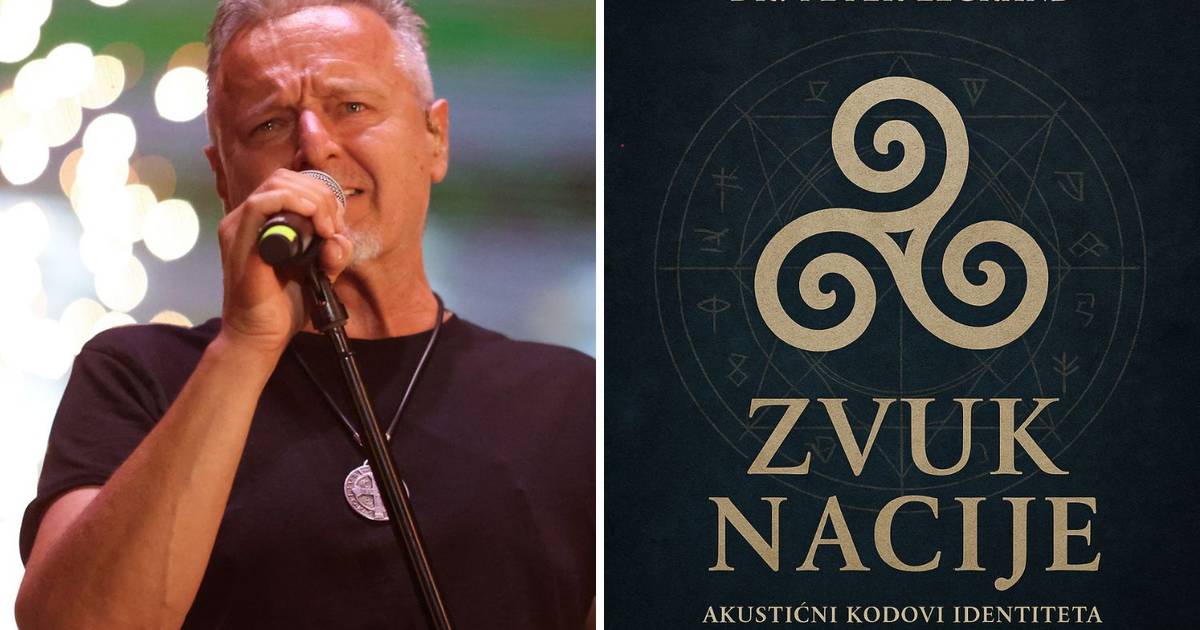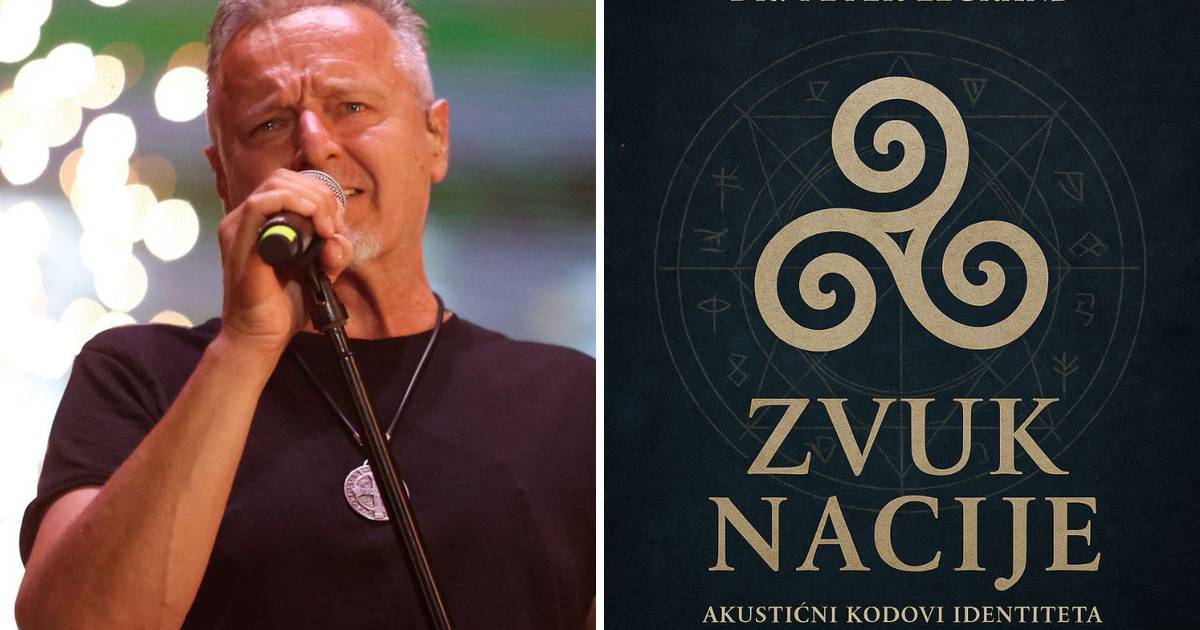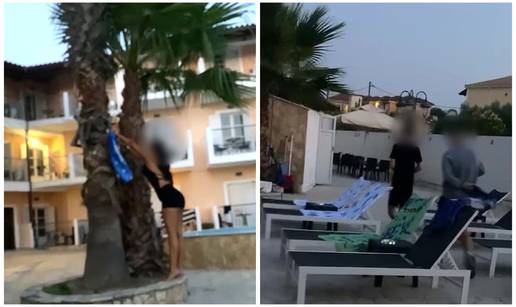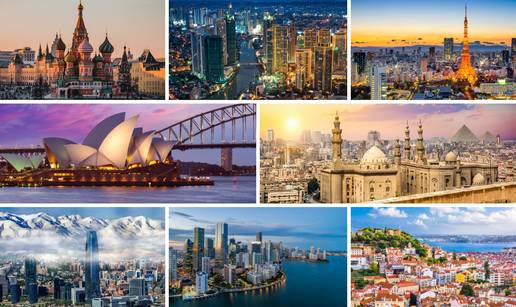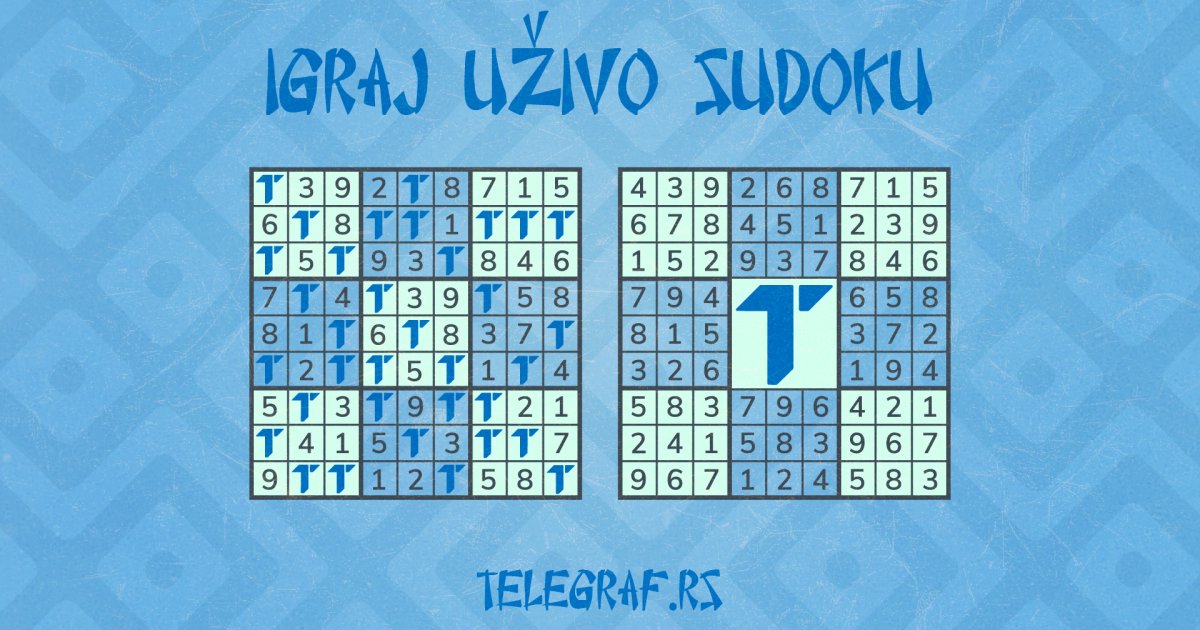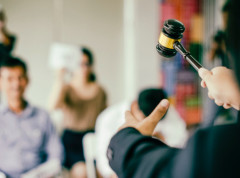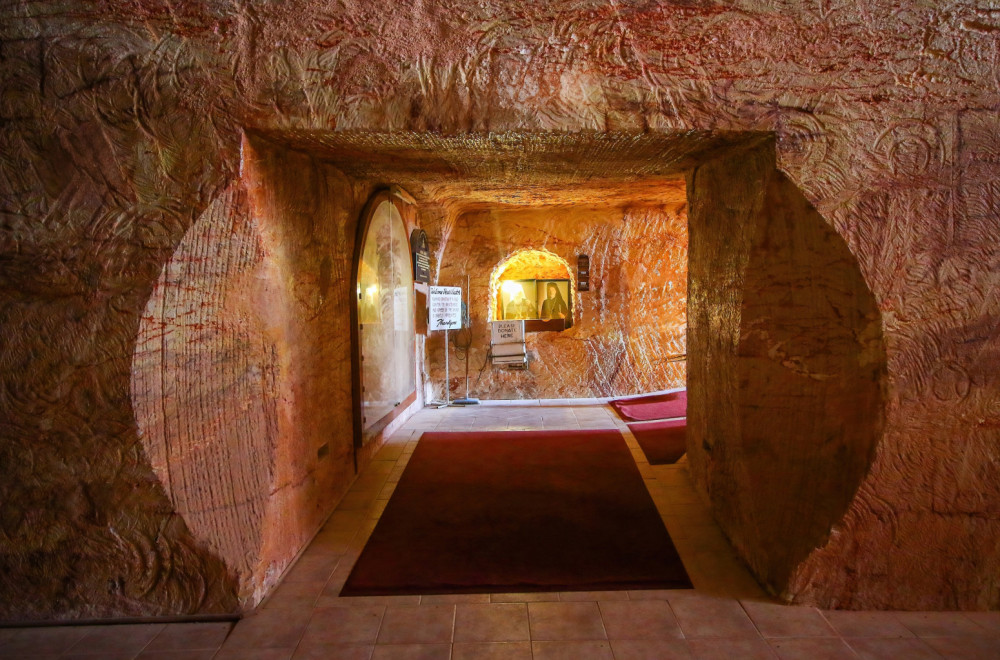Masons Want to Ban the Book About Thompson: Music That Opens Portals and Reprograms the Brain!
Did you hear? The Masons, a secret society often mentioned in conspiracy theories, allegedly want to ban the book about Marko Perković Thompson! Yes, you read that right! Thompson’s music, known for its patriotic songs, supposedly has the power to open portals and reprogram the brains of listeners. Sounds like science fiction? Not at all!
Who are the Masons and why do they dislike Thompson?
Masons are often the subject of various conspiracy theories, and now they are in the spotlight for allegedly trying to censor Thompson. Why? Because his music, they say, changes consciousness and opens energy portals, which they consider dangerous for society.
Scientific evidence or urban legend?
While it sounds like a mystical theory, there are claims that laughter and the positive energy that music like Thompson’s evokes are actually the first steps toward healing a nation. It is scientifically proven that laughter and good music can have healing properties, but the Masons don’t want to admit it because it disrupts their plans.
What does this mean for us?
If the Masons succeed, we might lose access not only to books about Thompson but also to his music, which has become a symbol of resistance and national identity for many. It’s like someone wants to take away your right to choose what you listen to and read.
Public reactions
This news has sparked a storm of comments on social media. Some say it’s just a conspiracy theory, while others believe it’s proof that the powerful are playing with our lives behind the scenes.
Conclusion
Is this an urban legend or a real threat? One thing is clear — music and laughter have the power to change the world, and if someone wants to stop that, it’s time to ask why.
What about you? Do you believe music can open portals and reprogram the brain? Or is it just a good reason to laugh? Share your thoughts, maybe together we’ll uncover the truth!
This text is satirical and meant for entertainment, but also to provoke thought about freedom of expression and the power of music.





